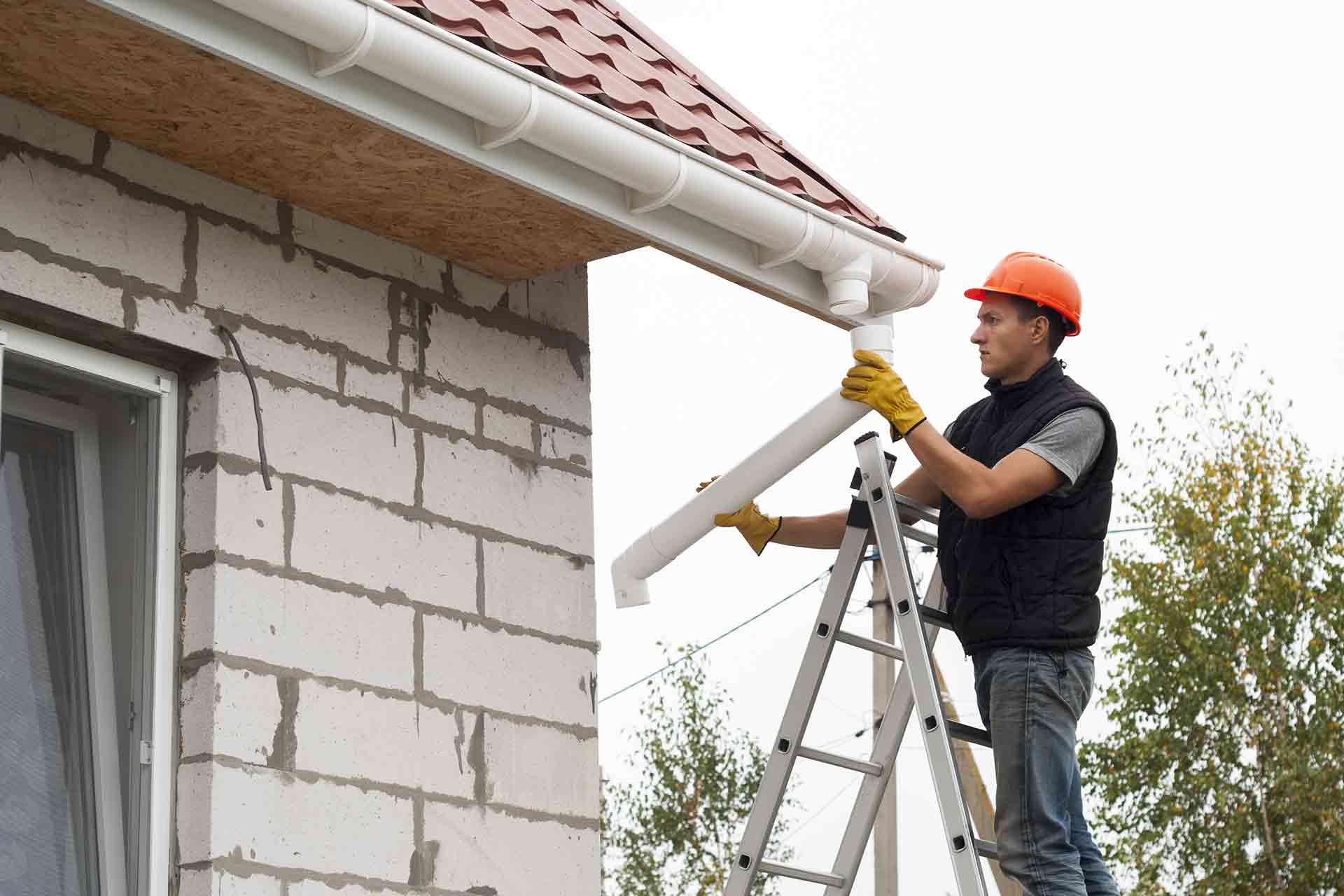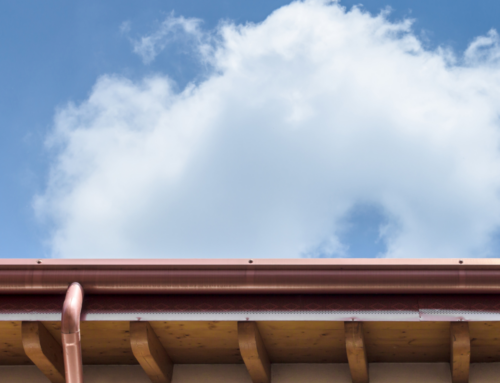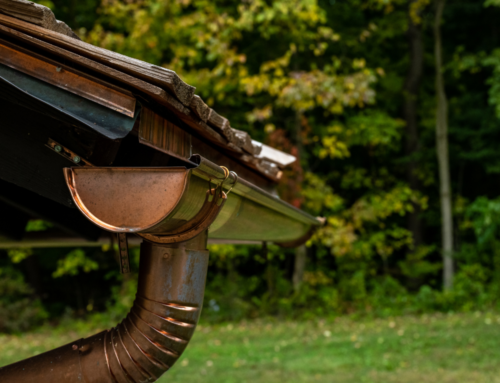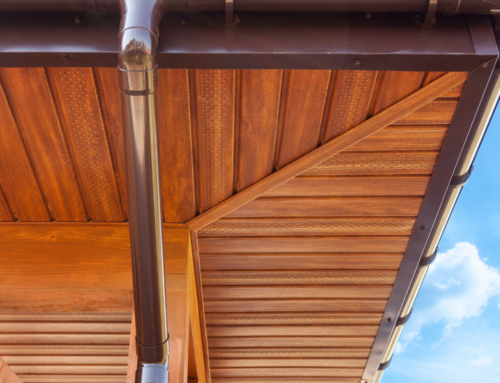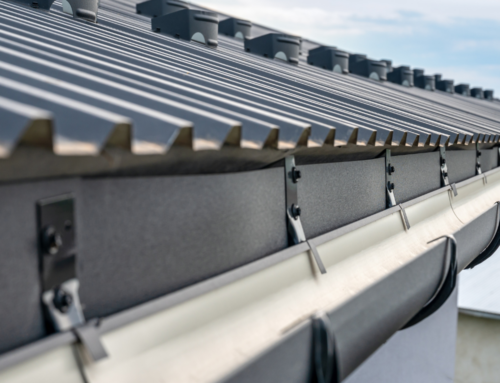When it comes to protecting your home from water damage, a properly installed gutter system is essential. Gutters channel rainwater away from your roof and foundation, preventing costly structural damage and potential headaches down the line. If you’re considering gutter installation, it’s important to understand the factors that can influence the overall cost. In this blog post, we’ll explore the various factors to consider when estimating the cost of gutter installation.
1. Gutter Material
The type of material you choose for your gutters significantly affects the installation cost. Here are some common gutter materials and their price ranges:
Aluminum: Aluminum gutters are lightweight, rust-resistant, and relatively affordable. They are a popular choice for many homeowners.
Vinyl: Vinyl gutters are the most budget-friendly option. They are easy to install but may not be as durable as other materials.
Steel: Steel gutters are robust and can withstand harsh weather conditions, but they tend to be more expensive.
Copper: Copper gutters are known for their durability and aesthetic appeal. However, they are among the most expensive gutter materials.
2. Gutter Type
There are two main types of gutters: sectional and seamless.
Sectional Gutters: These gutters come in pre-cut sections that are pieced together during installation. While they are cheaper initially, they may require more maintenance and are more prone to leaks.
Seamless Gutters: Seamless gutters are custom-made to fit your home’s dimensions, reducing the chances of leaks. They are typically more expensive but offer better long-term performance.
3. Gutter Size
The size of your gutter system also affects the installation cost. Larger gutters can handle more water but come at a higher price. The size needed depends on factors like your roof’s pitch, the local climate, and the amount of rainfall in your area.
4. Gutter Accessories
Consider any additional accessories you may want for your gutter system, such as:
Gutter Guards: These prevent debris from clogging your gutters, reducing maintenance needs.
Downspouts: The number and placement of downspouts can affect the overall cost. More downspouts may be needed for effective water drainage.
Rain Chains: If you prefer an aesthetically pleasing alternative to downspouts, rain chains can be added to redirect water.
5. Labor Costs
The cost of labor for gutter installation can vary depending on your location and the complexity of the project. It’s essential to obtain multiple quotes from reputable contractors to compare pricing and ensure you’re getting a fair deal.
6. Permits and Regulations
Check if your local authorities require permits for gutter installation. Obtaining permits, if necessary, can add to the overall cost. Additionally, ensure that your chosen gutter system complies with local building codes and regulations.
7. Maintenance Costs
While not an upfront cost, it’s essential to consider the long-term maintenance requirements of your chosen gutter system. Some materials and types may require more frequent cleaning and maintenance, which can increase costs over time.
Gutter installation costs can vary significantly based on the factors mentioned above. To get an accurate estimate, consult with experienced professionals who can assess your specific needs and provide you with a detailed quote. Investing in a quality gutter system is a smart decision, as it can save you money on potential future repairs and protect your home from water damage. Be sure to consider all these factors to make an informed decision that fits both your budget and your home’s needs.
Ready to safeguard your home? Get a free quote today and make informed decisions about your gutter installation! Visit Premier Gutter Services CT.

